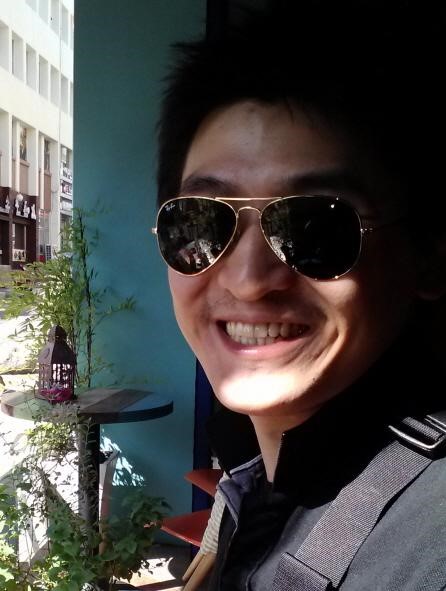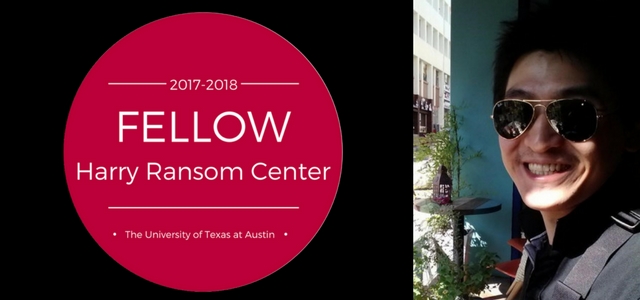
Ilnyun Kim (The Ohio State University) discusses his research interests in advance of his visit to the Ransom Center.
Kim is supported by a dissertation fellowship, jointly sponsored by the Harry Ransom Center and The University of Texas at Austin Office of Graduate Studies.
Tell us about your research, “The Liberal Persuasion: The Congress for Cultural Freedom and the Intellectual Cold War in the World, 1950–1967.”
My dissertation explores the progressive nature of the intellectual Cold War, conducted by the Congress for Cultural Freedom (CCF). Tracing the CCF’s activities during its years of existence from 1950 to 1967, it argues that the liberal intellectuals in this organization fought to establish the “non-communist left (NCL)” version of liberalism not only in the United States, but also Western Europe and East Asia.
What initially drew you to this topic?
I am South Korean and a liberal. This is not always a happy combination. Those liberals who I voted for, supported, and loved were consistently defeated, frustrated, and destroyed by the country’s powerful and seemingly invincible conservative political party. It thus seemed to me that the United States of the early postwar years—“the age of liberal consensus”—was a promised land.
Which collections at the Ransom Center are most relevant to your research?
The papers of the CCF secretary generals Michael Josselson and Nicolas Nabokov will be especially helpful for my research, as they contain extensive CCF-related sources, including correspondence, CIA reports, diaries, and conference proceedings.
Why is it important that you visit the Ransom Center to work on-site with original materials?
When supported by other small grants, I conducted brief research at the Center. I came to realize that the opportunity to be physically on-site for a longer time is essential to my archival work, especially since the most valuable collection items, such as correspondence, memos, and unpublished reports, are not digitized.
How will your dissertation shape conversations within your field?
It has long been assumed that the triumph of liberalism in both postwar America and the “free world” was a predetermined fate and that the role of liberal intellectuals would thus be to defend an existing order rather than to create a new one. Challenging this assumption, my dissertation demonstrates that postwar liberals were not just fortunately born in a liberal age; instead, they made their age as much as their age made them.
Outside your primary research interest, are there other collection items at the Ransom Center that you hope to see?
The papers of Nancy Wilson Ross, A. J. P. Taylor, and Roy H. Winnick preserved many valuable primary sources—especially those intellectuals’ correspondence with CCF liberals, such as John Kenneth Galbraith, Arthur Schlesinger, Jr., and Hugh Trevor-Roper.
